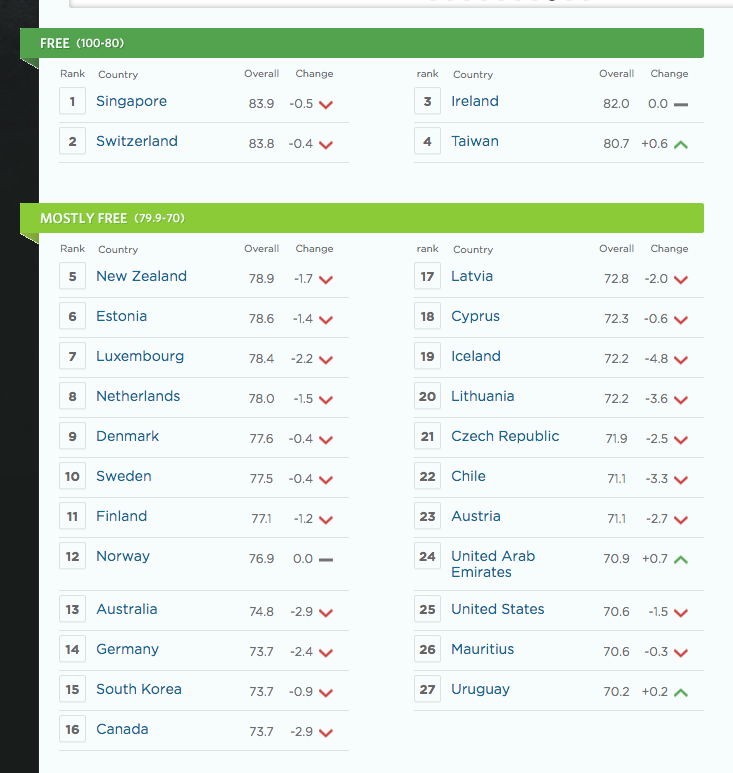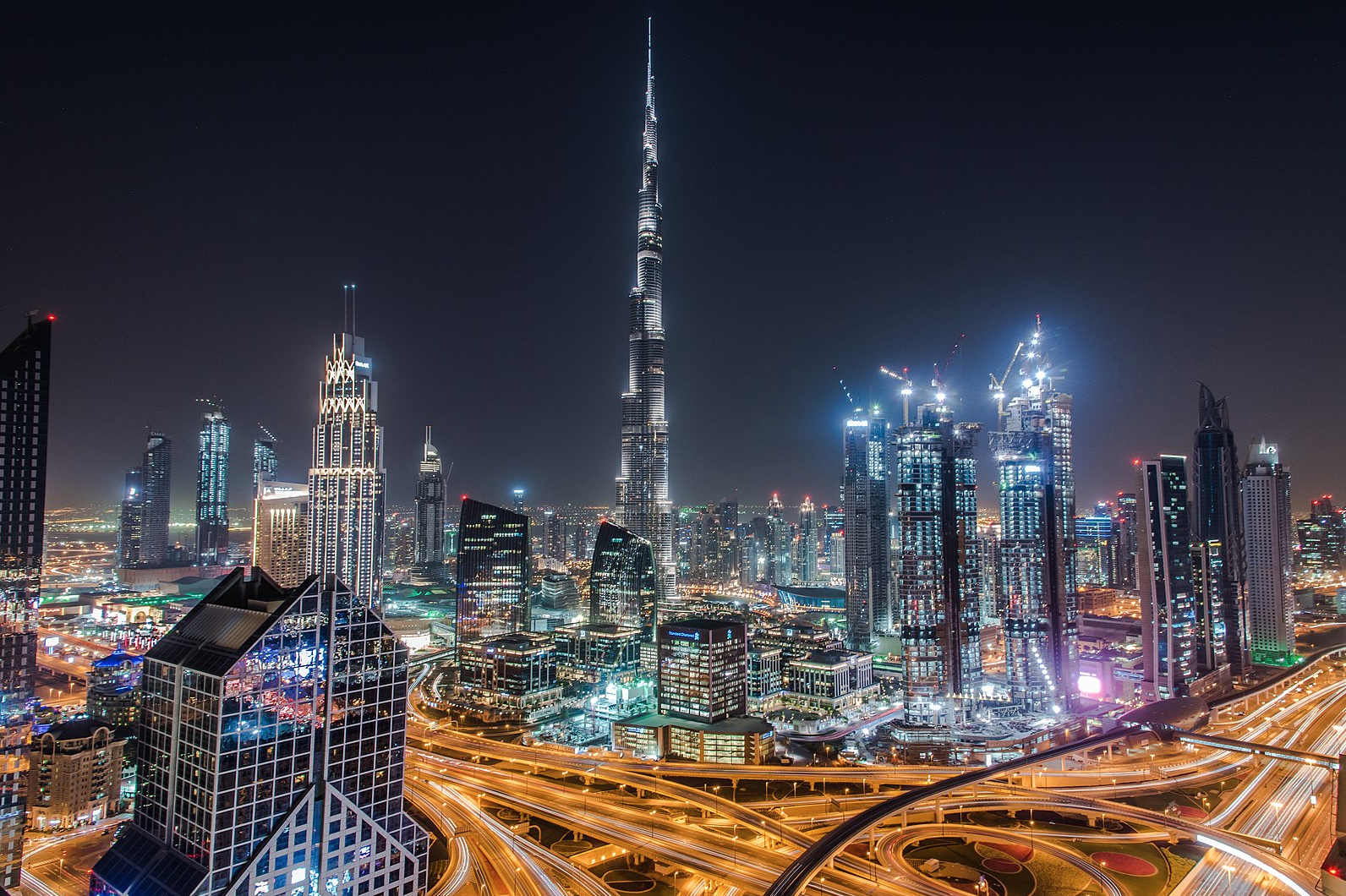The Economist has an interesting article discussing the increasingly close connection between India and the United Arab Emirates. I couldn’t help noticing a number of parallels between India/UAE and China/Singapore:
1. India and China both have 1.425 billion people.
2. India and China both have a lot of bureaucratic inefficiencies.
3. India and China both have a lot of talented entrepreneurs.
If only there were a well-run place where Indians and Chinese freely create wealth. It turns out that there is. Indeed there are two such places.
There are so many Chinese people in Singapore that the native Malays comprise only 14% of the total population. There are so many South Asians in the UAE that the native Emiratis comprise only 13% of the total population:
To live in Dubai is to play a part in Indian commerce. The local business chamber reports that some 11,000 Indian-owned companies were added to its records in 2022, bringing the total number to 83,000. Trade links between the two countries are getting ever tighter.
Behind these companies stands a vast diaspora: 3.5m Indians live in the UAE, compared with 1.2m Emiratis.
Of course, there are differences. Singapore is a city-state with just under 6 million people, whereas the UAE is basically a dual city-state with just under 10 million people (Abu Dhabi and Dubai, plus five other smaller entities). In Singapore, political power is held by the Chinese, not the native Malays. In the UAE, political power is held by the Emiratis. The UAE has much more land, so housing is less constrained.
But I am most intrigued by the economic similarities in the two relationships:
The UAE’s tax system exerts its own pull: there are no personal taxes. By contrast, Indian income taxes approach 40% and come on top of swingeing consumption levies. Corporate-income taxes are not only higher in India, they are also bewildering in their complexity.
There are other important legal differences. The UAE technically operates under strict Islamic law. In practice, it now has commercial courts that operate under international standards and a tolerant view of vice. It also encourages religious pluralism. Abu Dhabi recently built an enormous Hindu temple and combined Muslim-Christian-Jewish centre. India is technically secular with established common law. But in practice it offers clogged courts, strictly enforced anti-alcohol and vice laws, and increasing religious strife.
In recent years, many rich Chinese have moved to Singapore. Similarly, many rich Indians have bought property in the UAE.
All of this suggests that the Emirates is evolving into a financial capital for India. . . .
[Indian businessmen] believe that the relationship of Abu Dhabi and Dubai to India will increasingly come to resemble that of Singapore to South-East Asia: small, orderly city-states serving as financial and business conduits to enormous, unruly neighbours where economic dynamism and potential is undercut by chaotic administration and corrosive rules.
It’s too bad that countries don’t sell land. The world would be better off if Malaysia or Indonesia would sell a tiny chunk of their vast holdings to Singapore.
PS. After writing this post, I came across another article in The Economist making some similar points:
Singapore has also sucked up firms and workers fleeing Xi Jinping’s authoritarianism. Much like Dubai in the Middle East, it serves as a place where anyone can do business with anyone. Dubai and Singapore share other advantages as well. Both offer year-round warm weather (important when people can work remotely) and lenient regulation (helpful for those annoyed with Western red tape). Singapore has thrown tax breaks at family offices, helping lift their number to 1,500 in 2022, from 50 in 2018. Dubai has introduced social reforms, decriminalising alcohol and the cohabitation of unmarried couples.
PS. The Heritage Foundation ranks Singapore as the freest economy in the world, whereas the UAE is ranked 24, just above the US:

The US has slipped badly in recent years.


READER COMMENTS
spencer
Jul 22 2023 at 2:59pm
What’s the difference in their banking systems?
Fazal Majid
Jul 22 2023 at 3:06pm
Transparency International also ranks the UAE hghly on its corruption index, just behind France and ahead of Israel, way ahead of the dismal state of the Middle East It is a police state, just a competently run one unlike Saudi Arabia.
That said, the UAE has long links with India, originally mostly from gold smuggling (India has always been a large importer of gold) as fishing dhows (ships) from the Emirates would carry gold in their keels to India and back. Conversely Indian movies are very popular in the UAE, and there is a clear cultural influence.
Scott Sumner
Jul 22 2023 at 11:08pm
Thanks for that information.
Ashim Roy
Jul 23 2023 at 7:17am
Chinese dominance in Singapore started almost 50 years ago, whereas, Indian business migration is less than a decade old phenomenon. Dubai’s Free Zone model offers tax break that could be used by Chinese, Indians or anyone else. In fact, a lot of family offices and family trusts from Western Europe have migrated to Dubai to take advantage of their liberal inheritance laws. Dubai’s startup ecosystem is less than 5 years old compared to the ecosystem in Singapore, which has been operating for past 2 decades. I would love to hear your comments on these aspects of Dubai.
Comments are closed.